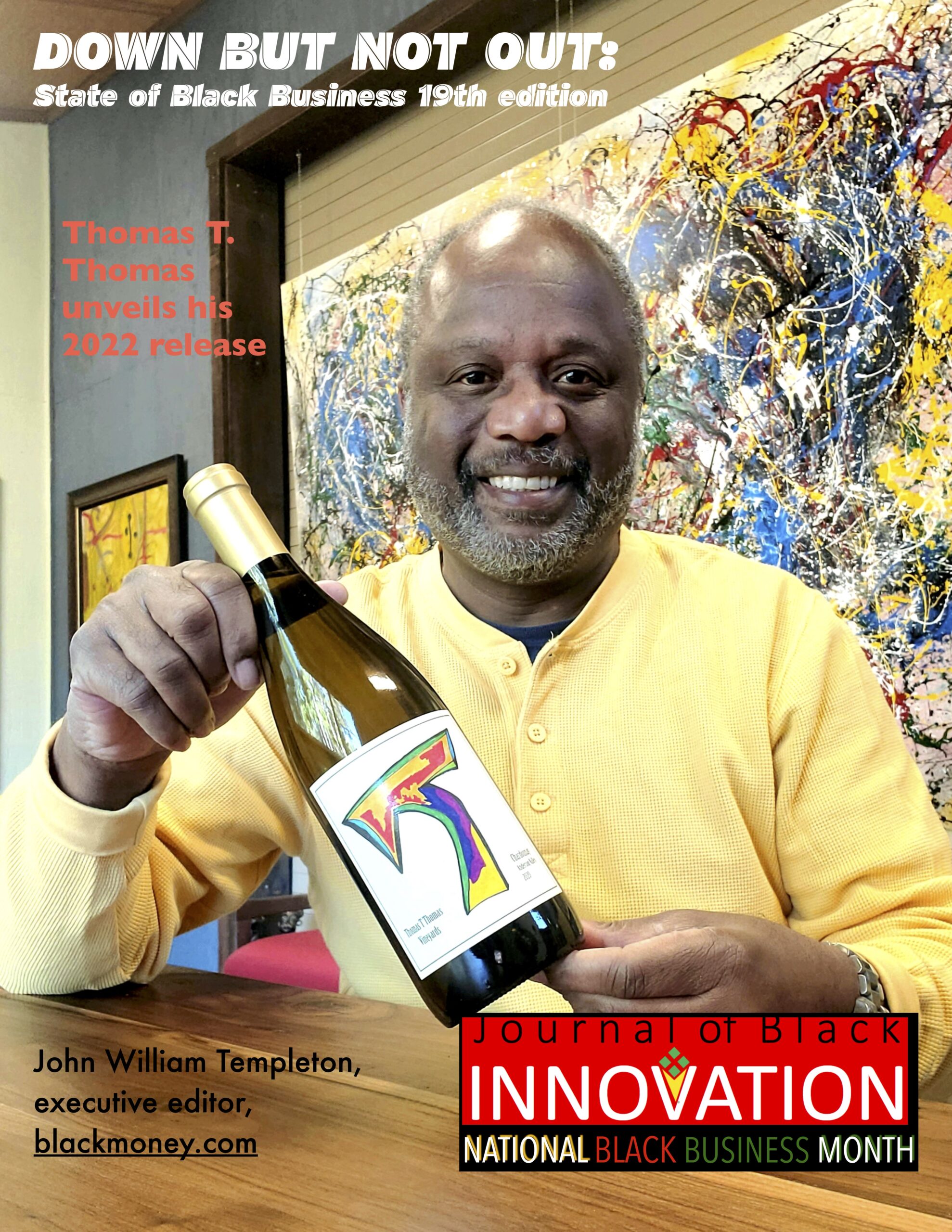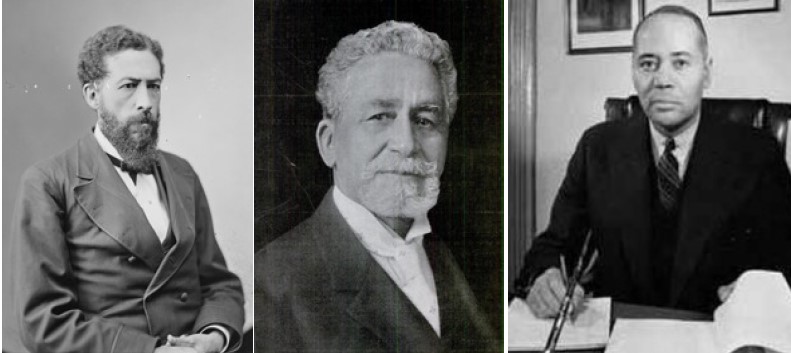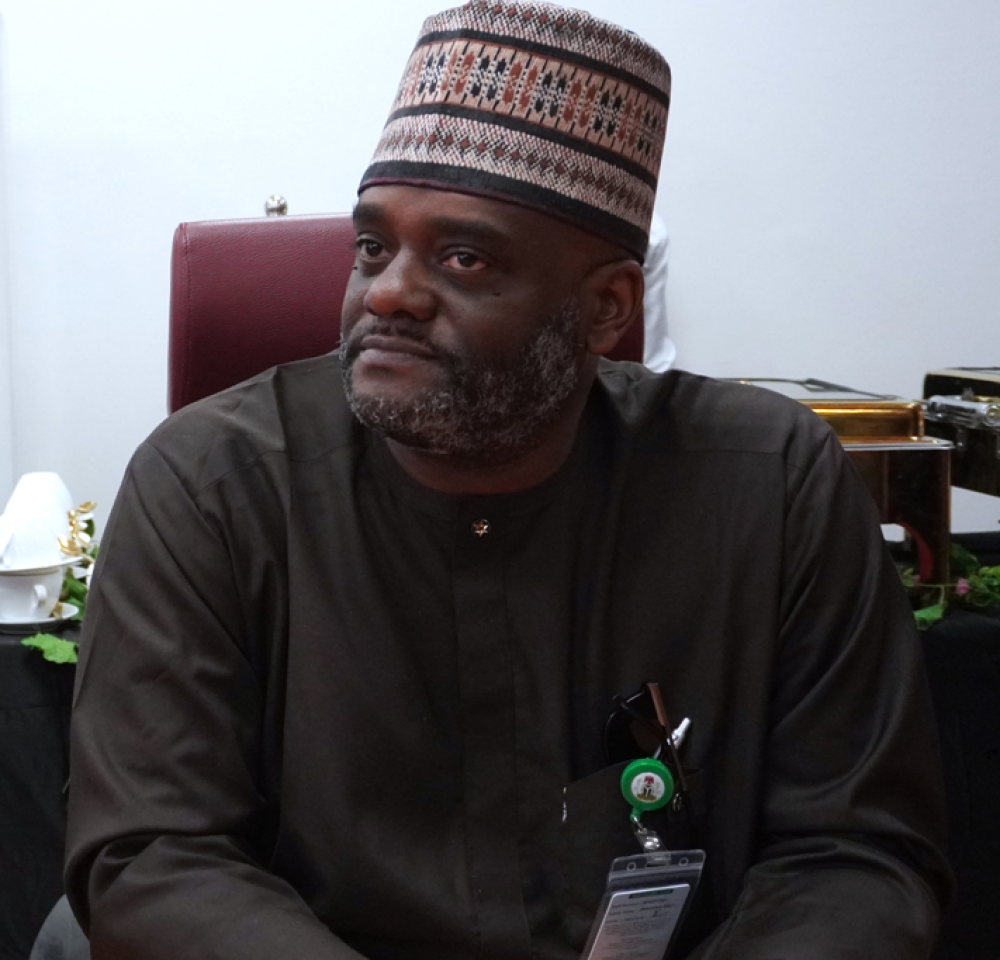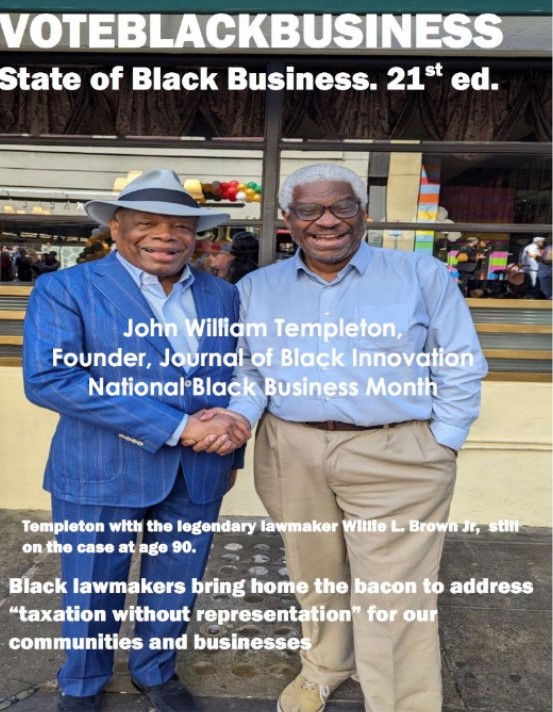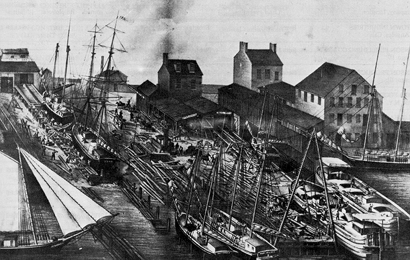In November 2019, Adams took office as Bowie, Maryland’s first black mayor. He is president and CEO of Systems Application & Technologies, Inc. (SA-TECH), a company he founded in 1989. SA-TECH is a professional services firm with origins in the high technology and technical support areas of the defense industry. The Maryland-based firm employs more than 500 people in 20 locations.
Pledging to serve taxpayers and small businesses across the state as an agent of fiscal responsibility, economic justice and social change, Bowie Mayor and acclaimed technology entrepreneur Tim Adams declared his candidacy to become the 34th Comptroller of Maryland.
Adams, 62, would be the first Black Comptroller in state history. He would also become the first paraplegic to ever hold statewide office in Maryland.
“My life has been the embodiment of the very best possibilities of our country and state, and I am running to help provide every child in Maryland with the same opportunities for success and security that I’ve enjoyed,” said Adams. “To do so, we must ensure that our tax dollars are invested wisely, everyone pays their fair share, and our business climate allows our small businesses and entrepreneurs to compete on a level playing field.”
Adams announced his campaign today with a video that was produced and directed by Devine Mulvey Longabaugh, a prominent Democratic media consulting firm based in Washington, DC. The 2:35 piece, titled “Let’s Roll,” recaptures landmark moments in Adams’ personal and professional journey. It features Timothy Adams, Jr., a drama major at New York University, in scenes depicting his father’s earlier years.
In declaring his candidacy, Adams promised to use the power of his office to help change a business and economic climate he has frequently characterized as “adrift.” As one of three votes on Maryland’s Board of Public Works, which approves most state contracts greater than $200,000, he promised to hold agencies accountable for procurement transparency, commitment to open bid competition, and compliance with Maryland’s Minority Business Enterprise (MBE) laws.
“For all of our talk about so-called ‘government transparency,’ Maryland’s procurement system is still weighted in favor of incumbent vendors and those with the best political connections,” Adams said. “This works out perfectly well for a handful of Annapolis insiders, but not for the taxpayers or for those emerging entrepreneurs who can offer better services at lower costs.”


